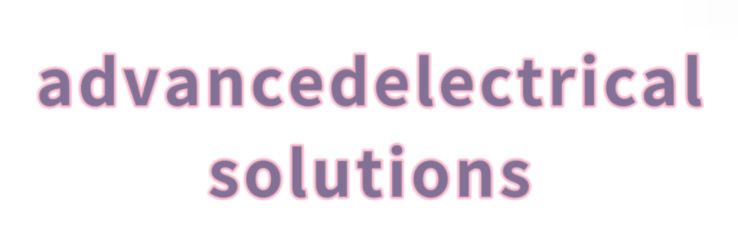How Does Energy Metering for Water Treatment Plants Improve Efficiency?
For more information, please visit acrel.
**How Does Energy Metering for Water Treatment Plants Improve Efficiency?**.
In the realm of water treatment, efficiency is paramount not only for operational costs but also for sustainable resource management. One of the most pivotal innovations in this space is energy metering. By implementing advanced energy metering systems, water treatment plants can achieve significant improvements in efficiency, accuracy, and flexibility. This article delves into the crucial components of energy metering systems and their specific advantages for water treatment facilities.
### Accurate Energy Consumption Tracking.
At the heart of energy metering for water treatment plants is the ability to accurately track energy consumption. Modern energy metering devices utilize smart sensors and real-time data analytics to monitor energy use across various processes, such as filtration, pumping, and chemical dosing. This precision enables facility managers to pinpoint energy inefficiencies and wastage, which can be addressed effectively. For example, pumps that operate inefficiently may be identified through data trends, prompting timely maintenance or replacement to enhance overall productivity.
### Enhanced Operational Insights.
Energy metering systems provide valuable insights into the operational performance of water treatment plants. By integrating metering data with other operational metrics, managers can analyze the relationship between energy consumption and treatment effectiveness. This holistic view aids in optimizing processes in real-time, allowing for adjustments that can lead to reduced energy usage without compromising water quality. Facilities can also leverage historical data to forecast future energy needs more accurately, enabling better budget planning and resource allocation.
### Integration with Advanced Control Systems.
The capability to integrate energy metering with advanced control systems is another key feature that enhances efficiency in water treatment facilities. Modern energy meters can communicate with supervisory control and data acquisition (SCADA) systems that regulate plant operations. This integration allows for automated adjustments based on energy consumption patterns, facilitating demand-response strategies. For instance, during peak energy pricing hours, the system can reduce energy-intensive operations, thereby lowering operational costs and improving sustainability.
### Support for Regulatory Compliance.
Energy metering not only improves operational efficiency but also supports compliance with environmental and regulatory standards. With increasing emphasis on sustainability, water treatment plants are often required to report their energy usage and carbon footprint. Energy metering systems simplify this process by providing accurate logs and reports, ensuring that facilities can meet regulatory requirements efficiently. The data collected can also serve as a foundation for implementing energy mitigation strategies aligned with governmental sustainability initiatives.
### Flexibility for Future Expansion.
As the demand for efficient water treatment continues to grow, flexibility becomes a vital consideration for plant operations. Energy metering systems can easily adapt to new technologies and processes, making them suitable for facilities that are planning to expand or upgrade their systems. This adaptability ensures that plants can scale their operations without disproportionately increasing energy consumption. By future-proofing their energy management systems, water treatment facilities can maintain their competitive edge in a rapidly evolving industry.
### Conclusion: A Path Towards Sustainable Efficiency.
In summary, energy metering plays a crucial role in enhancing the efficiency of water treatment plants. Through accurate tracking of energy consumption, comprehensive operational insights, seamless integration with control systems, regulatory compliance support, and the flexibility for future expansion, these systems pave the way for optimal energy management. As the industry faces rising energy costs and stricter environmental regulations, investing in energy metering solutions is not just a smart choice but a necessary one.
For water treatment facilities seeking to optimize their operations, embracing energy metering technology is the first step towards a more sustainable future. By understanding these systems and their benefits, plant managers can make informed decisions that lead to improved efficiency and reduced environmental impact, ultimately ensuring the sustainability of the vital services they provide.
Click here to get more.

Comments